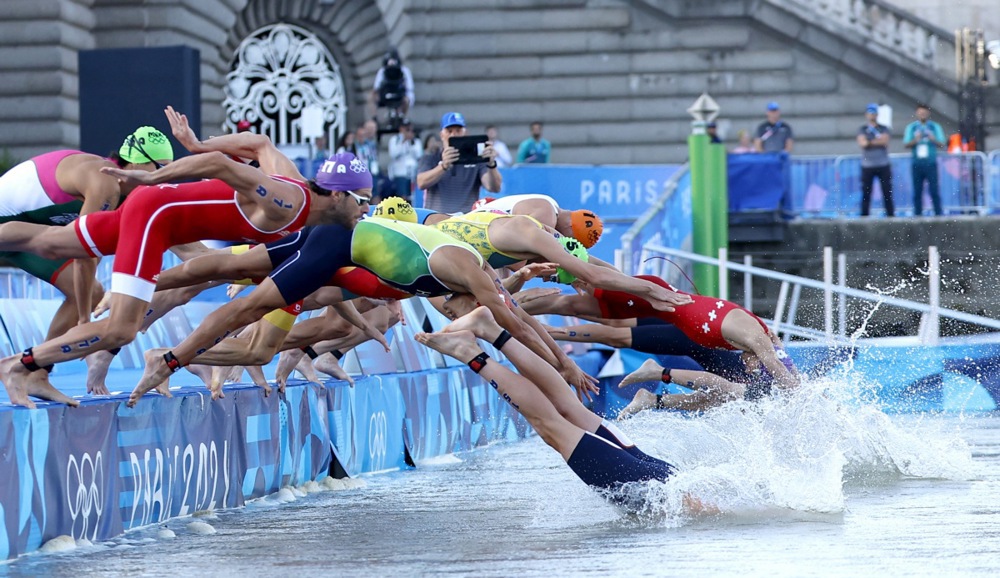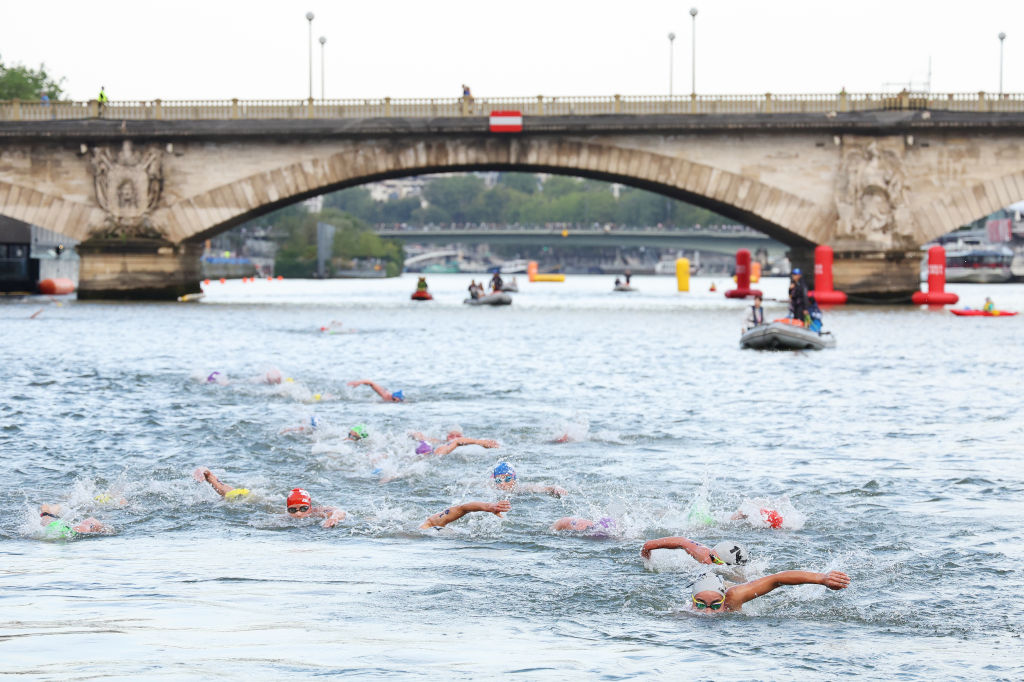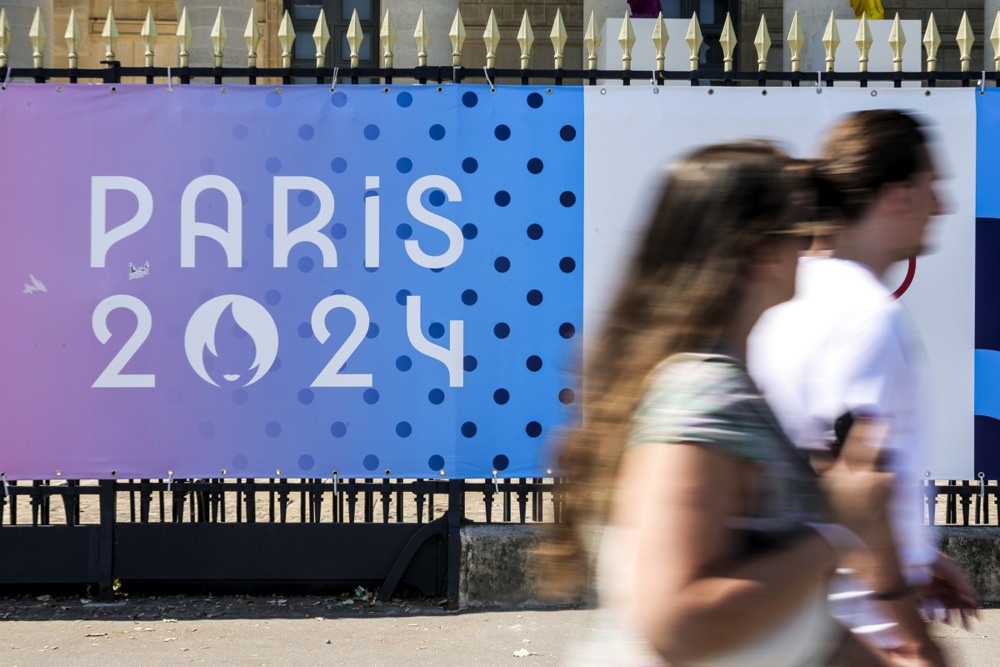France will maintain various forms of heightened security put in place for the Paris Olympics indefinitely, police authorities have announced.
Laurent Nuñez, the Paris Police Chief and former head of the National Centre for Intelligence and Counter-Terrorism, has confirmed that France will “continue to take determined action against crime” using strategies implemented during the Olympic Games.
He confirmed the continuation of the “zero crime plan,” a community policing initiative aimed at reclaiming public spaces from street vendors and drug dealers.
This plan, which was initially tested in 2022, was enforced on a large scale during the Olympics and is persisting beyond the event. The approach mainly serves as a crime deterrent, with an increased police presence on the streets.
During the Games, 30,000 officers and gendarmes patrolled Paris, while additional forces were deployed across other cities hosting Olympics events.
According to Nuñez, between July 24 and August 4, burglaries in the city fell by 32 per cent, thefts by 16 per cent and pickpocketing on public transport by 24 per cent.
Assault and battery declined by 6.6 per cent and violent theft on transport systems by 48 per cent.
The Paris police chief also highlighted what he called the lasting benefits of the infrastructure improvements made for the Olympics, particularly in police command centres.
“All the investments we have made in the police headquarters in terms of command rooms will obviously continue,” he said.
As of writing, it does not appear that the controversial system of QR-code identify passports put in place in Paris will be one of the security measures continued past the end of the paralympic games in September.
According to the senior officer, the 2024 games also brought changes to the chain of command within the police force.
“One of the legacies of the Games will be this way of working together — with the prefects [the State’s regional representatives], the police forces on the regional scale, and the Sentinel forces,” Nuñez noted. The Sentinel forces were formed after the terrorist attacks in Paris and elsewhere in France in 2015.
During the games, a new chain of command was established, with Nuñez serving as the State’s sole point of contact under the authority of the Minister of the Interior Gérald Darmanin.
“Decisions on the red, anti-terrorist perimeters and the distribution of police forces were all made here, at the Préfecture de Police, with the relevant departments around the table and the prefects of the departments involved, whose involvement I commend,” Nuñez explained.
Maintaining this heightened level of security post-Olympics will likely be challenging, The French police benefited from external reinforcements during the games, including assistance from the New York and Qatari forces to name but a few.
France’s ongoing political crisis could impact police command, as prefects are appointed by the French president on the recommendation of the prime minister and the interior minister. The president is expected to name a new prime minister before the end of next week.
With France at the end of its so-called Olympic truce or “trêve olympique,” President Emmanuel Macron will have to get back to trying to choose a prime minister. https://t.co/PPSd6V8lIx
— Brussels Signal (@brusselssignal) August 13, 2024





